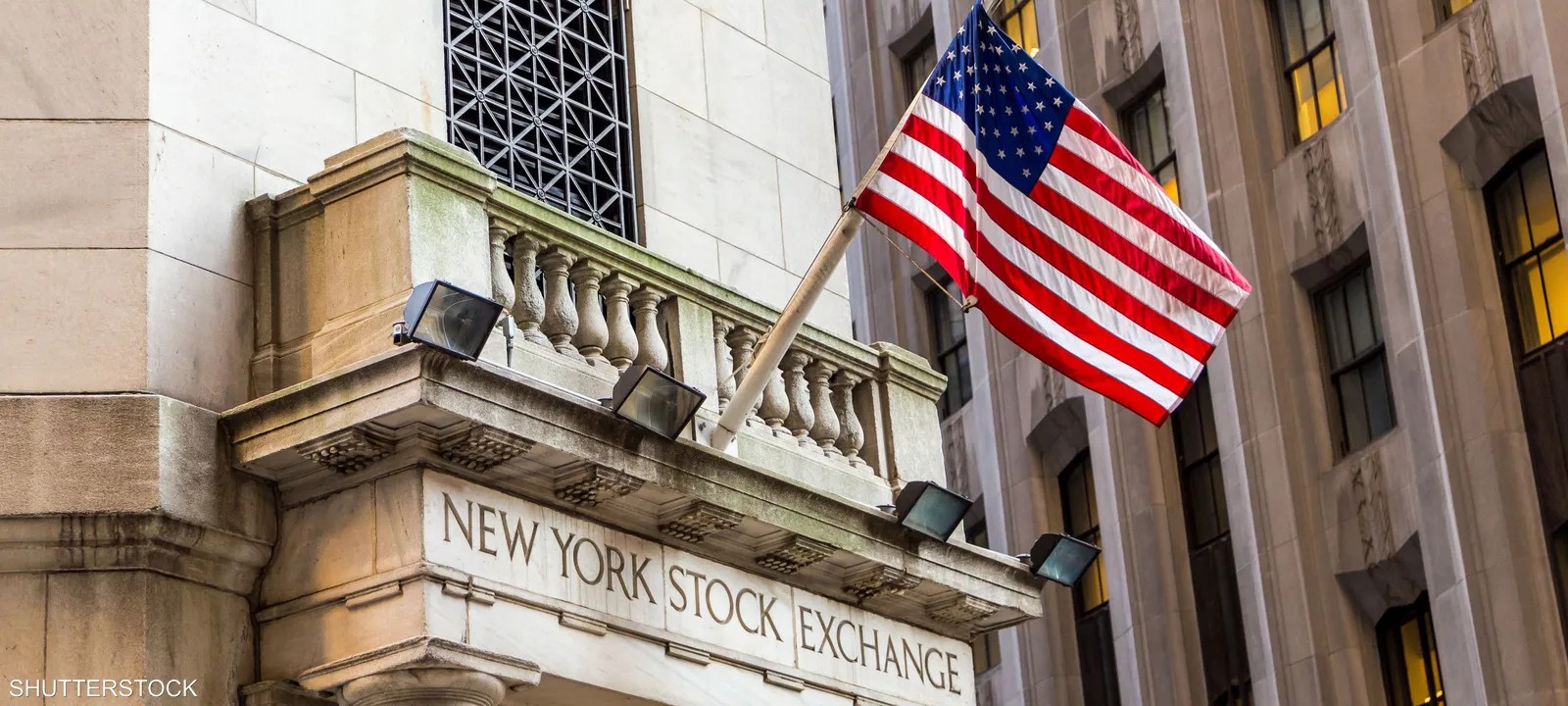President Joe Biden has vetoed a congressional resolution seeking to repeal the Securities and Exchange Commission’s Staff Accounting Bulletin 121 (SAB 121), reinforcing the administration’s commitment to strict financial regulations.
The resolution, which had broad support from Republicans and some Democrats, passed both the House and Senate on May 16.
Biden Veto Keeps SEC Oversight of Cryptocurrencies
SAB 121, introduced in March 2022, requires financial institutions to report customers’ digital assets. Critics argue that the rule places heavy operational and financial burdens on businesses that handle cryptocurrencies. Senator Cynthia Lummis, a key proponent of the measure, has alleged that SAB 121 puts consumers’ assets at risk during bankruptcy by placing them on institutional balance sheets.
Facing a backlash from crypto industry leaders and many lawmakers, Congress repealed SAB 121. The House voted first, with 228 members in favor of the repeal and 182 opposed. A week later, the Senate voted 60-38 to repeal the rule. However, more votes were needed to prevent a presidential veto.
In the statement accompanying the document, Biden stressed that his administration would not support any measures that could harm consumers and investors.
By invoking the Congressional Review Act, this Republican-led resolution would improperly constrain the SEC’s ability to establish appropriate safeguards and address future cases. This reversal of the SEC’s considered judgment risks undermining the SEC’s broader authority over accounting practices. My Administration will not support measures that jeopardize the welfare of consumers and investors.
Reactions to Biden’s veto have been mixed within the crypto community, with some seeing it as a necessary move to protect investors, while others see it as a hindrance to financial innovation.
The SEC’s actions that prevent highly regulated US financial firms from offering Bitcoin custody services are stifling financial innovation and competitiveness. This could push firms to relocate to countries with more favorable regulations, resulting in a loss of US capital, talent, and technology. For US citizens, these restrictions limit access to financial innovation and investment diversification, putting them at a disadvantage compared to those in other countries, Manuel Ferrari, co-founder of Money On Chain and MimLABS, told BeInCrypto.
Despite the veto, Biden has expressed his willingness to work with Congress on new legislation for the digital asset market, stressing the need for measures to protect investors. The decision highlights the ongoing debate over how to regulate the cryptocurrency industry while balancing innovation with consumer safety.







































